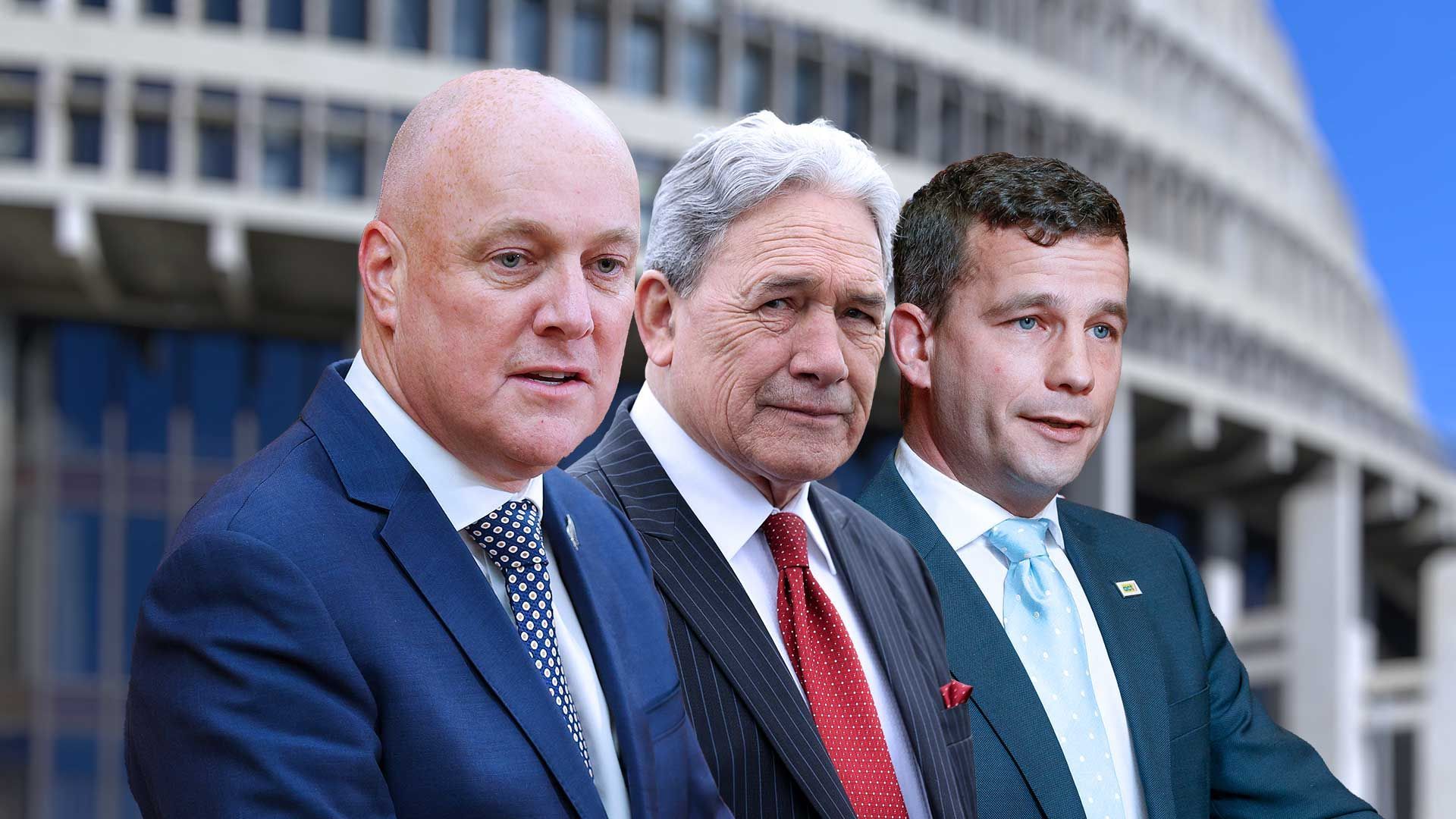Demystifying Income Tax
 Tax is often a headache for business owners. As much as they want to avoid it, they can't because tax is part of their financial responsibilities. Many people find it daunting but once you understand some of the basic tax facts, you will be more prepared to deal with it.
Tax is often a headache for business owners. As much as they want to avoid it, they can't because tax is part of their financial responsibilities. Many people find it daunting but once you understand some of the basic tax facts, you will be more prepared to deal with it.
As a dedicated tax accountant in Auckland , we are sharing this tax overview so you can better understand your tax obligations - which will also help you more effectively manage your business finances.
Income Tax
Income tax is payable on the net taxable income of the business. Broadly speaking it is computed based on the difference between your business income and your business expenses. However, there are some expenses that you need to adjust when calculating your taxable income - like entertainment expenditure. Talk to your accountant about these special rules.
Year 1
If you are a start-up business, you will calculate your net taxable income based on your net profit at the end of the financial year which in New Zealand is 31 March. Your net taxable income must be adjusted for non-deductible expenditure. You don't have to worry about this. Your accountant or does this calculation for you.
Tax rates vary depending on the type of business you have - whether you are a sole trader, a partnership or a company. The current IRD tax rates are:
Individual or sole trader and partnerships
| Taxable Income | Tax Rate |
| $0 to $14,000 | 10.5% |
| $14,001 to $48,000 | 17.5% |
| $48,001 to $70,000 | 30.0% |
| $70,001 plus | 33.0% |
For companies, it is a bit different. A company's taxable income is taxed at a flat rate of 28%. Likewise, trusts are taxed at a flat rate of 33%.
Year 2 onwards
One of the many misconceptions of first time business owners is that they don't need to pay tax during their first year in business. That is not strictly true. The income of a new business cannot be properly assessed in the first year because the first year's accounts have not been completed. In fact, tax on the first year's profits is paid in the second year.
Once there is a profit, the business is required to pay provisional tax during the next year. The tax paid is based on the result of the first year, plus a 5% uplift for growth in the coming year. Business owners can give an estimate of likely profit for the next year ahead if it varies significantly from the IRD's standard calculation.
This means business owners have the burden of paying tax on the first year's trading plus provisional tax for the second year's trading in their second year of business. We recommend first time businesses start putting aside tax money in their first year as they go.
Provisional Tax
This is called "provisional" tax because the amount is only an estimate until actual net income is determined at the end of the financial year.
The good thing about provisional tax is that payments are spread over the year in three equal instalments depending on your balance date.
Also, you don't have to pay provisional tax if your tax payable for the year is less than $2,500.
Terminal Tax
Terminal tax is the final tax to pay for each year of trading based on the final profit result once your accounts have been completed. Remember provisional tax is paid based on estimated earnings - terminal tax is calculated as the actual balance remaining. It must be paid by the terminal tax due date. If you have the standard balance date of 31 March, your terminal tax is due on 7 February, or 7 April if your tax accountant filed for an extension.
Remember, you need to cover your provisional tax throughout the year to avoid a large terminal tax bill at the end of the year.
Failure to make your payments on time, will result to interest and penalties.
As a trusted accounting firm in Auckland, we make sure that our clients know what tax they are paying and why they are paying it. We also help ensure that they know when they need to pay their tax to avoid interest and penalties.
As an accounting firm in Auckland, we prepare annual accounts, tax returns, GST and provide other small business accounting services. We use the best accounting software in NZ to ensure that you get an accurate and timely result.
If you want to know more about taxation and how to handle your finances request an appointment online or call us on (09) 576 4166.







